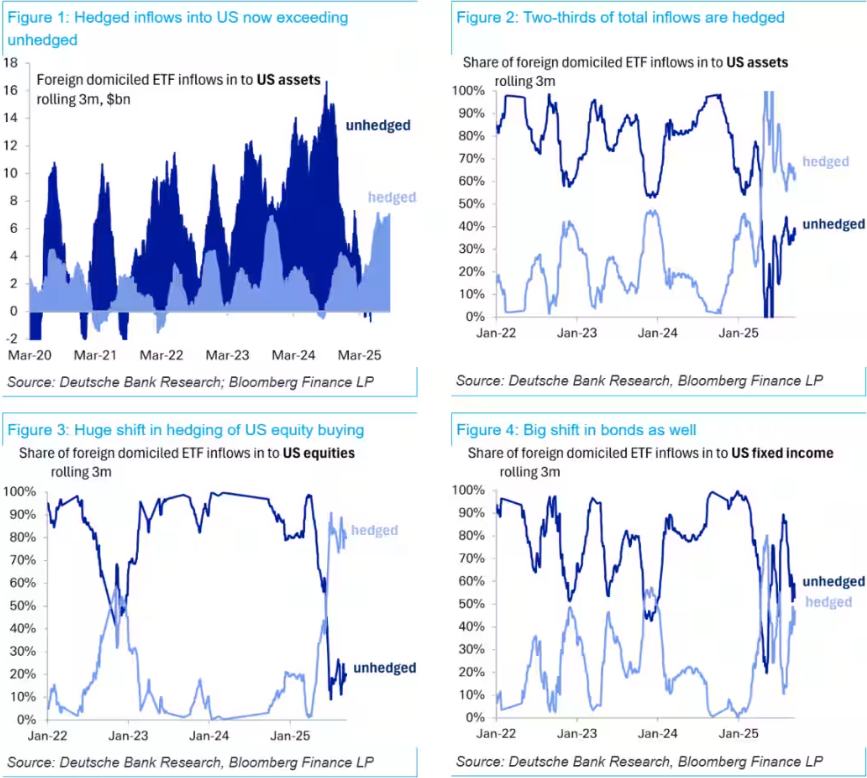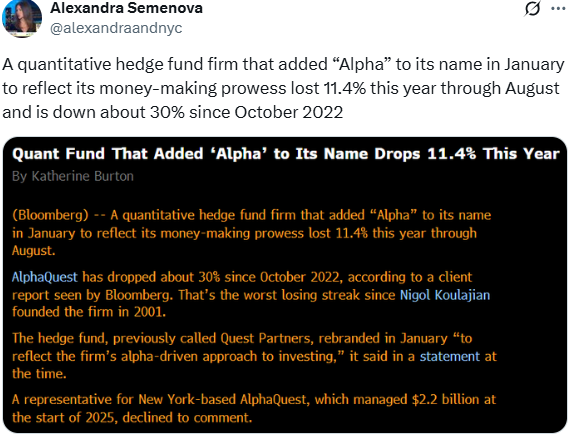Intel shares rise as Elon Musk touts potential Tesla chipmaking deal
The White House has turned its attention to the Bureau of Labor Statistics after a series of steep payroll revisions rattled confidence in the government’s jobs data. President Trump fired the agency’s commissioner last month and has nominated a longtime critic to take her place, pledging reforms to improve accuracy. But the problems run deeper than leadership, and the Trump administration’s approach is unlikely to move the needle.
Survey response rates, once above 90% in the household survey, have slipped to around 70% in recent years. For the establishment survey, new business participation has collapsed from 78% a decade ago to just 35% today. A leading hypothesis?
Survey fatigue: people are overloaded with voluntary questionnaires in the digital age. With fewer companies and households responding, revisions have grown larger: the gap between the first and third payroll estimates has nearly doubled since 2019.
At the same time, resources are shrinking. Adjusted for inflation, the BLS budget has fallen 13% since 2016, and Trump has requested another 8% reduction for the next fiscal year. Under Trump, the agency has even disbanded unpaid expert advisory committees that once guided modernization. As former commissioner Bill Beach opined, “there’s not much we can do to reverse declining response rates. We’ve tried everything.”
For investors, this means BLS data will likely remain noisy and prone to revision for the foreseeable future. Trump’s leadership changes and budget cuts may grab headlines, but the underlying numbers are unlikely to improve without a clear path to stronger participation and adequate resources to make it happen.

Foreign Buyers Still Want US Assets, Just Not the Dollar
Foreign investors are still buying U.S. assets, but trends show they are increasingly betting against the dollar’s strength. According to Deutsche Bank’s George Saravelos, currency-hedged flows into U.S. stocks and bonds are outpacing unhedged flows for the first time this decade. That shift helps explain why the dollar has weakened even as U.S. equities remain near record highs.
The S&P 500 is up more than 12% this year, but foreign indexes have surged by more. South Korea’s KOSPI is up 42% and Hong Kong’s Hang Seng nearly 32%. When translated back into dollars, the relative gains abroad are even stronger, giving investors reason to hedge against a falling U.S. currency.
With the Fed set to cut rates this week while other central banks remain on hold, the cost of hedging dollar assets will only get cheaper. That suggests continued demand for U.S. markets, but without the currency boost that has historically accompanied foreign inflows.

Tweet of the Day

